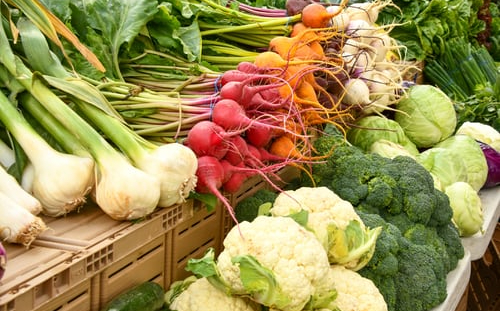Add these important winter superfoods and lifestyle changes to strengthen your immune system, lose weight, and boost energy.
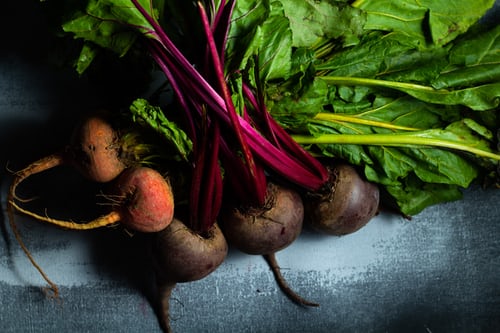
In light of Covid, it’s important than ever to stick to a healthy regimen including adhering to a balanced diet to help prevent or reduce your risk of catching colds and the flu.
During the long months of winter, it is vital to stay healthy. It is crucial to make the right choices in order to avoid any form of sickness. Healthier lifestyle changes will make all the difference.
While there isn’t a single food that holds the key to preventing diseases following a healthy, balanced diet will assure a strengthened immune system and/or speed up the recovery period should you become sick. The good news is these very foods that are readily available in the winter are superfoods that offer the very nutrients needed to overcome a weakened immune system and improve digestion.
Try adding these winter superfoods to your diet. Your increased energy will permit upping exercise which will further assist and help you stay fit this season.
The following is a list of winter superfoods that you must include in your diet to improve immunity, lose weight, and stay healthy. The good news is, they are all seasonal during the winter.
Superfoods you need to eat during winter months, for health and fitness
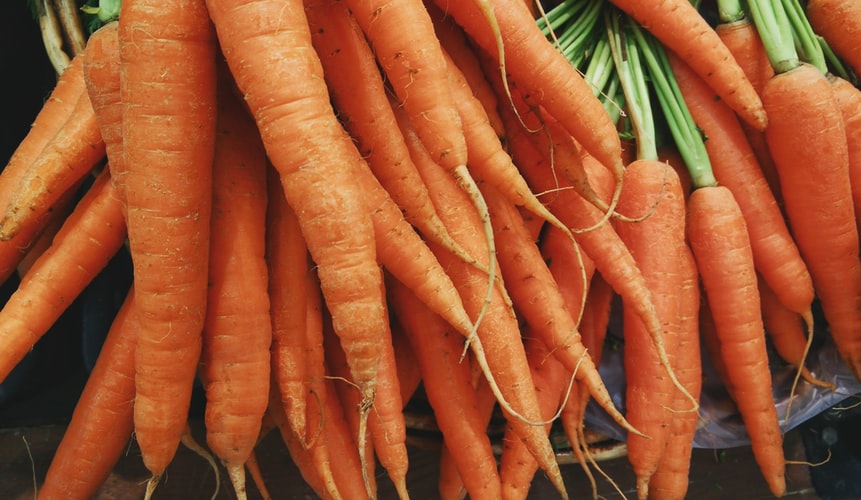
Carrots: They are an excellent source of vitamins, minerals, and fiber. Regularly eating carrots can help strengthen your immunity, lower your risk of cancer among several other benefits. Carrots are particularly rich in beta-carotene, an antioxidant your body converts to vitamin A, which helps keep your eyes healthy as well as plays a vital role in health. They are also good for your heart and a great addition to a healthy diet for people with diabetes.

Beets: Beets are high in nutrients but low in calories and fat. The vitamins, minerals, and antioxidants in the root vegetable can benefit your health immensely – such as boosting your immune function, lower blood pressure in check, improving digestive health, reducing the risk of cancer and other chronic diseases. Beets may also help you lose weight as they have high water and are a low calorie satisfying sweet food.

Winter squash: Winter squash such as acorn or butternut are superfoods that are also a delicious and colorful addition to your meals. Winter squashes are amongst the healthiest foods you can eat during the cooler months. They are loaded with fiber, protein, magnesium, potassium, vitamins B6 and C, etc. They are also rich in carotenoids, beta carotene (a precursor to vitamin A), lutein, zeaxanthin. In addition, they can enhance or form the basis of a range of savory and sweet dishes. So, take your pick to help manage diabetes, lower your risk of cancer, decrease blood pressure, and cholesterol. Adding them to your diet will also support your immune system, improve digestion, keep your skin and hair healthy.
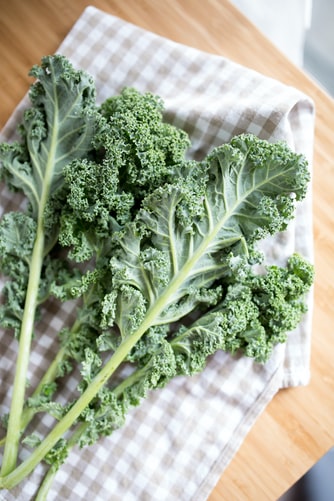
Kale: A nutrition superstar due to the high amounts of vitamins, minerals and antioxidants, kale is one of the most versatile winter superfoods. The vegetable is very low in calories but loaded with potent antioxidants such as quercetin and kaempferol, which have many beneficial effects on health. Kale is an excellent source of vitamin K, an important nutrient critical for blood clotting. It is also high in vitamin C, which helps strengthen the immune system. The potassium in kale can help reduce blood pressure and lower the risk of heart disease.
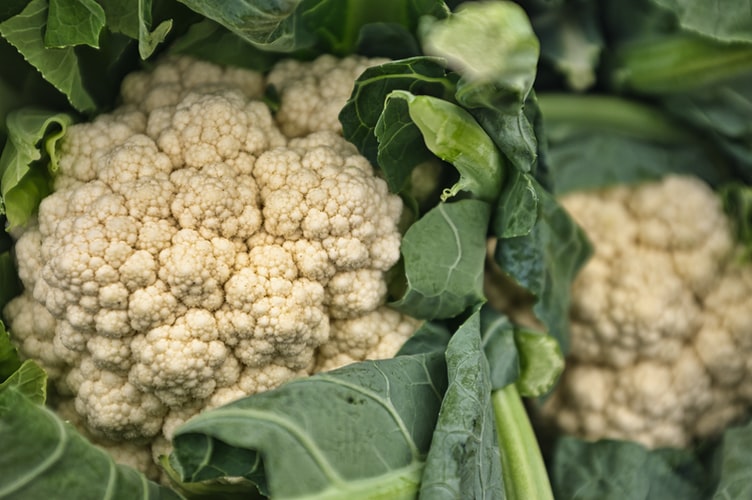
Broccoli and cauliflower: Cruciferous vegetables like broccoli and cauliflower are packed full of fiber, vitamins, minerals, and beneficial antioxidants. In fact, adding them to your diet may help you protect against winter illnesses. Both the veggies are high in vitamin C, which is linked with enhanced immune function. They are also an excellent source of dietary fiber, a vital nutrient that plays a major role in blood sugar control, digestive and heart health.
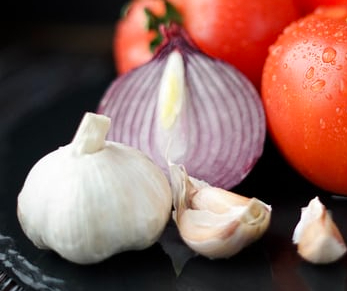
Allium family of foods: Allium is a family of foods that includes hundreds of species, including onion, garlic, scallion, shallot, and leeks. Garlic has been shown to help with cardiovascular health, prevent cancers and prostate cancer. Onion consumption reduces some cancers, as well.
An ounce of prevention is worth a pound of cure, as always:
- Maintain your weight.
- Avoid smoking, drugs, and alcohol.
- Exercise regularly.
- Develop a positive and happy attitude.
- Be social, enjoy the company of others, and join like-minded positive, non-hateful organizations.
- Continue your medical regimens.
- Avoid watching stressful news – Stay with News Without Politics
Follow similar interesting non political news stories from News Without Politics

